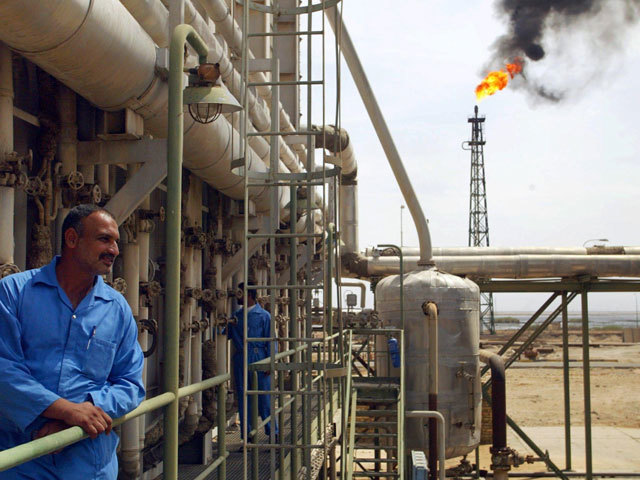
Iraqi Kurds are independently selling oil produced in their region, bypassing the country’s state crude marketer for all exports so far this month, said Safeen Dizayee, a spokesman for the Kurdistan Regional Government.
Oil fields in the semi-autonomous region of northern Iraq are producing about 700,000 barrels of oil a day, Dizayee said Monday in a telephone interview from the city of Erbil. The Kurdish enclave is exporting as much as 600,000 barrels of that amount daily, and it hasn’t sold oil via Iraq’s state marketing agency since June, he said.
“We have the right to resort to any way to provide funds to pay civil servants,” Dizayee said. The KRG needs $1 billion each month to pay for salaries and its operational budget, and it’s financing a war against Islamic State militants that has displaced 1.7 million refugees to the Kurdish region. The KRG also owes money to oil companies.
The KRG and the central government agreed on Dec. 2 that Iraq’s state-run marketer SOMO would be responsible for the sale of all crude produced in the country. The Kurds have complained they haven’t received their full share of revenue from the sales, while the central government in Baghdad says the Kurds haven’t delivered the agreed amounts of oil. Failure of the two sides to settle differences over how to share oil revenue adds to uncertainty about supplies from northern Iraq.
“All oil sales that happen outside SOMO are illegal,” Laith Al-Shaher, director general of the legal department at the oil ministry in Baghdad, said in a phone interview Sunday.
The Kurdish region’s parliament approved a plan to sell as much as $5 billion in bonds to raise funds for infrastructure projects. There is a “clear and good desire by international financial institutions” for a sale, Dizayee said. The KRG may sell as much as $2 billion in a first round, he said.